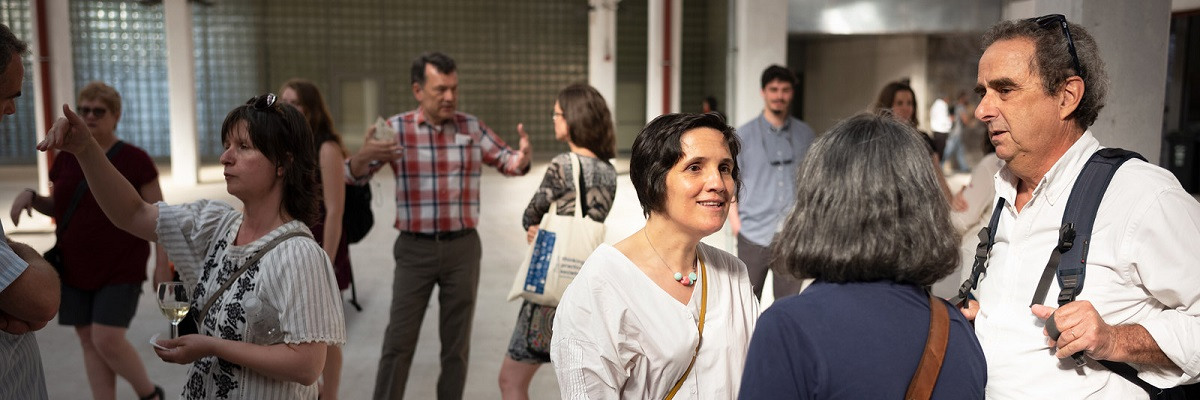Addresses the ways in which human settlements and the built environment is conceptualized, plans represented, and competing interests negotiated.
- Design disciplines and practices: architecture, engineering, industrial design, landscape architecture
- Settlement disciplines and practices: planning, human geography
- Science in the service of technology
- Information, design, modeling and geospatial technologies
- Urban and regional planning
- Local government in the planning process
- Transportation modes and structures: reconfiguring flows
- Parks and recreation in urban spaces
- Designing interior spaces
- Information flows in the constructed environment
- ‘Virtual’ space and ‘real’ space
- Place and identity
- Form and function in space: how aesthetics relates to function
- Project planning
- Inclusive design: design for human needs, sensitive to human differences, affirming rights to access
- Involving stakeholders: participatory design
- Consultation, negotiation and consensus building in the (re)design of the constructed environment.
- Aesthetic paradigms: classicism, modernism, postmodernism, constructivism and other ‘isms
